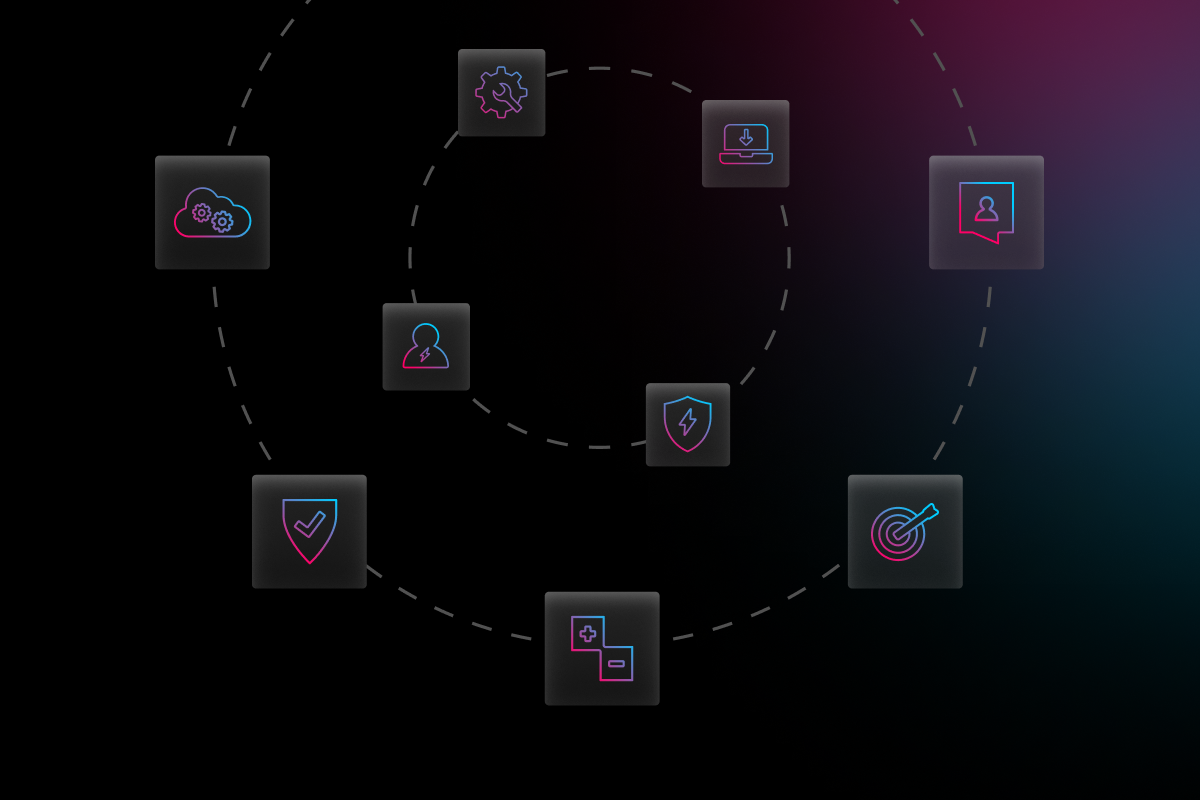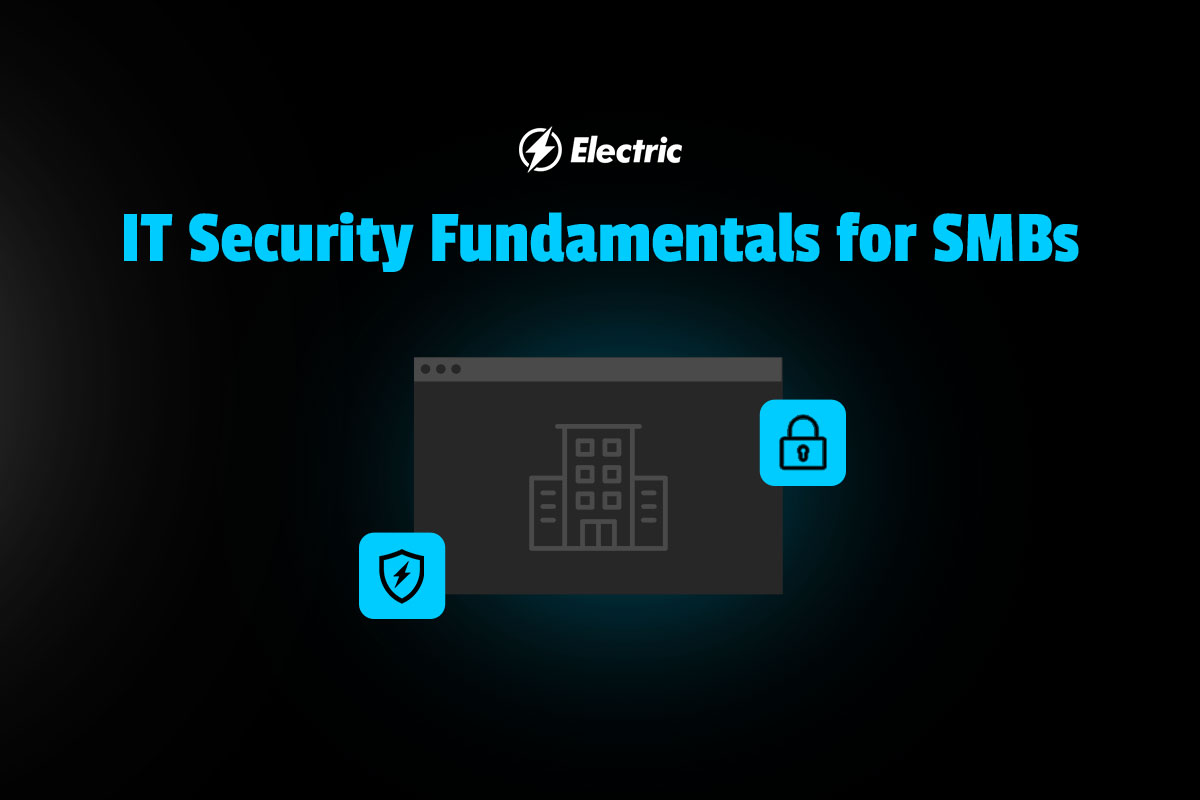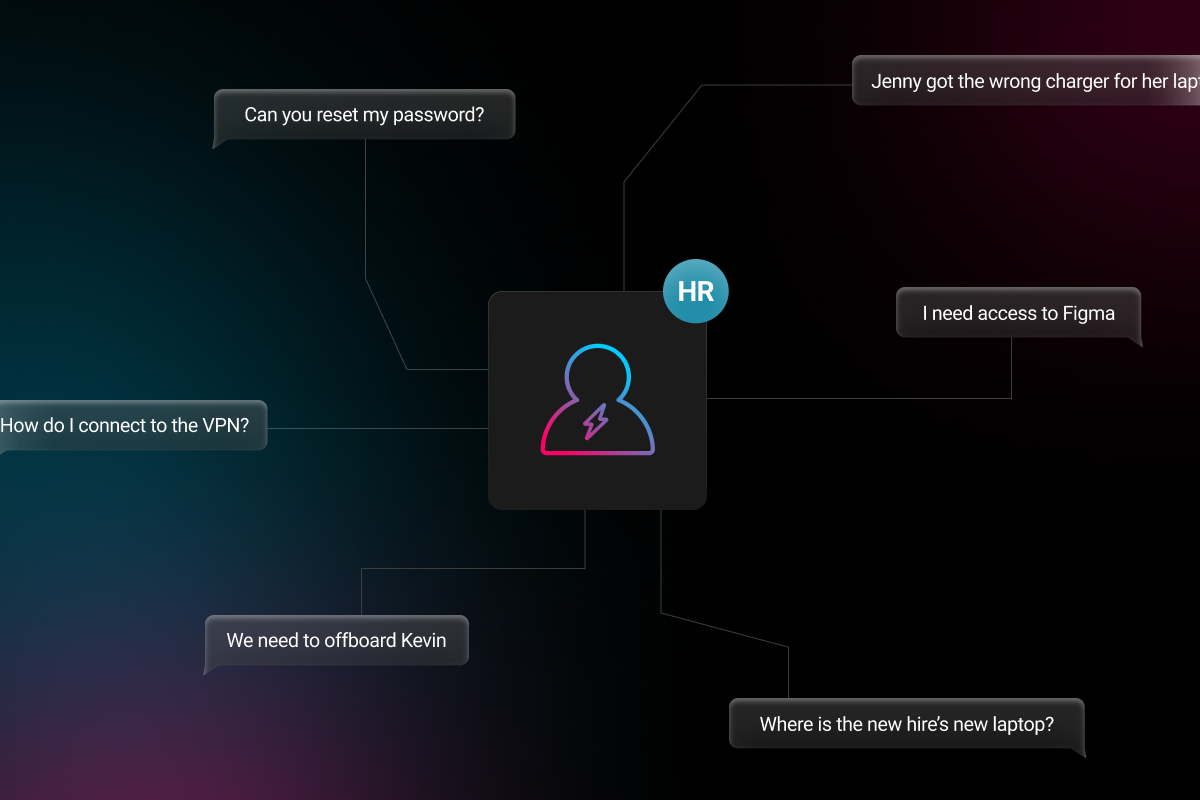
Many leaders of small and medium-sized businesses mistakenly believe that cybersecurity is predominantly a concern for larger companies. However, this isn’t actually the case, with SMBs increasingly falling victim to cyber attacks. Often, hackers recognize that these businesses have limited resources when it comes to IT security fundamentals, and intentionally exploit this fact.
SMBs collect and store huge amounts of valuable data on their clients, which comes with challenges relating to information security. The risks associated with cyber attacks range from loss of customer trust to financial impacts. It’s imperative that SMBs implement IT security fundamentals to ensure business continuity, as well as regulatory compliance.
What is IT Security?
IT security refers to the practices, technologies, and processes an organization implements to protect its devices, networks, programs, and data from cyber attacks, damage, and unauthorized access. Securing your IT resources goes a long way in maintaining the confidentiality and integrity of sensitive data.
In today’s data-driven world, SMBs collect, process, and store significant amounts of sensitive data on computers and in their cloud environments. Unauthorized exposure or access to such sensitive data could have far-reaching consequences.
As companies collect more data, the volume and sophistication of attacks also grow. Thus, SMBs should implement measures to safeguard sensitive data in their possession. The IT security measures you implement can only work if they’re coordinated across your organization’s information system. IT security encompasses the following elements:
- Network Security: This involves all measures implemented to protect your network from unauthorized users, intrusions, and attacks.
- Application Security: The applications your business relies on should get updated and tested regularly to safeguard them from attacks.
- Data Security: Within your applications and networks is data. Data security provides an extra protection layer for company and customer data.
- Endpoint Security: The Covid-19 pandemic has shown how essential remote access is to an organization. On the flip side, it’s also a weak point in the security chain. Endpoint security entails safeguarding remote access to your SMB’s network.
- Cloud Security: Most organizations store sensitive data on the cloud. Protecting such data from attacks is a significant challenge, but it should be a core component of your IT security strategy.
- Business Continuity Planning: In today’s digital attacks, suffering a breach is a matter of when and not if. Even when a breach occurs, business operations must go on. This can only happen if you have a disaster recovery and business continuity plan in place.
The 9 Most Important IT Security Fundamentals
Cyber attacks are becoming more and more sophisticated. SMBs should continually adjust their IT security protocols to address the new attack vectors catalyzed by technological advances. You may think that implementing IT security fundamentals is unnecessary, costly, or too time consuming. However, in today’s dynamic business environment, data is the most essential asset your SMB has. Implementing IT security fundamentals protects your organization’s valuable data and its hard-earned reputation.
Device Security Fundamentals
Here are three device security fundamentals that will help your SMB stay on top of its IT security game:
1. Always Prioritize Device Security
You should consistently provide the requisite resources to keep your company’s devices up-to-date and operational. There is no better way to stay on top of the device security game than outsourcing the job to an expert managed service provider.
2. Employee Awareness
Most attacks result from human error. Educating your employees about hackers’ attack methods keeps them informed of security threats and how to avoid them.
3. Implement Device Security Best Practices
Always make it easy for employees to exercise device security best practices. For instance, if employees bring their personal devices to work (BYOD), you should have measures for ensuring IT security is maintained.
Application Security Fundamentals
Almost all SMBs now rely heavily on some form of SaaS applications to run their business. As such, you should keep these security fundamentals in mind:
4. Outsource App Security
If you want something as vital as app security managed effectively, it often makes sense to outsource this responsibility to negate the need for you to hire, train, and equip an in-house team.
5. Undertake Code Security Checks Regularly
An essential aspect of application security is regularly running automated code reviews to detect and mitigate vulnerabilities.
6. Leverage Your Organization’s Strengths
There isn’t one correct way to build an app security program. However, leveraging your organization’s existing capabilities and processes is an excellent starting point.
Network Security Fundamentals
Network security entails taking preventative measures to safeguard your network infrastructure from unwanted access, malfunction, modification, misuse, or destruction. The fundamentals of network security are:
7. Access Control
Potential attackers can only be kept out if you block unauthorized devices or users from accessing your network. Likewise, authorized users should only work with the resources for which they have been authorized.
8. Firewalls
Firewalls act as gatekeepers and decide what enters or exits the network. Take advantage of firewalls’ defined rules to block or allow traffic appropriately, or create a human firewall by designating a group of people to defend against cyber attacks in your business.
9. Behavioral Analytics
Your IT team should differentiate between normal and abnormal network behavior. Behavioral analytics helps to identify and monitor activities that digress from the norm.
How to Manage IT Security Fundamentals on an SMB Budget
SMBs typically have smaller cybersecurity budgets to work with compared to big corporations. Here’s how to manage IT security on an SMB budget:
Leverage Layered Security Processes
Every business needs layered IT security to deal with attackers. Implementing cutting-edge firewalls, VPNs, and patch management isn’t expensive and can be part of a managed service provider’s package.
Focus on Awareness
Most attacks happen because employees don’t know how to identify hacking attempts. With a constrained budget, investing in employee awareness is an inexpensive first line of defense.
Align IT Security to Your Business Objectives
You can only achieve effective IT security governance on a budget if you align IT governance to your business objectives. This way, it will be easy to assess your current and expected security requirements for better budgeting.
IT Security Fundamentals are Essential for SMBs
Cyber attacks are an ever-present threat to small and medium-sized businesses. Typically, these businesses are targeted due to their relatively weak security infrastructure. One of the best ways to prevent attacks is by outsourcing IT security to a managed service provider like Electric, which allows you to get back to focusing on what’s important—running your business. Get in touch to learn more.



